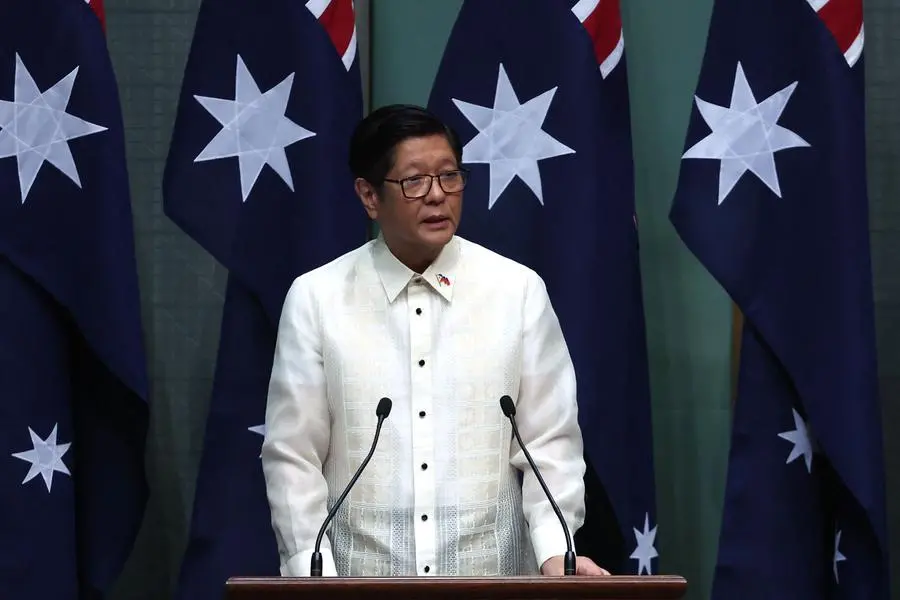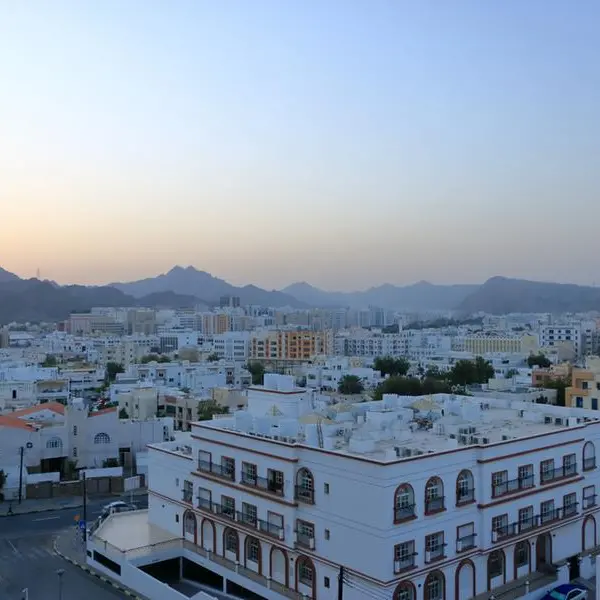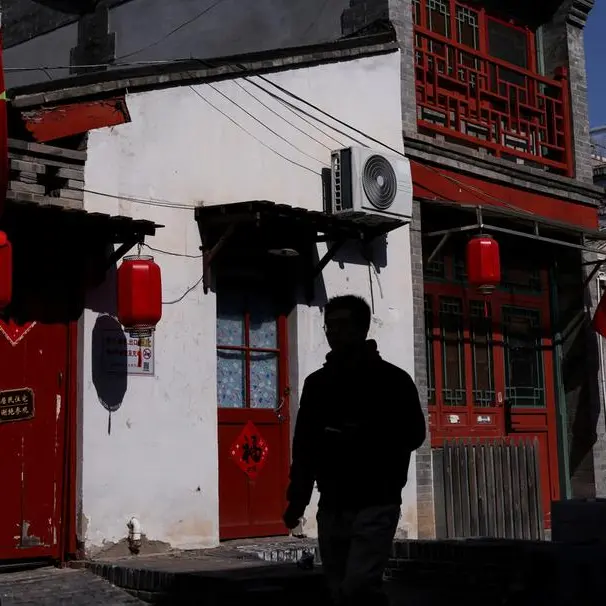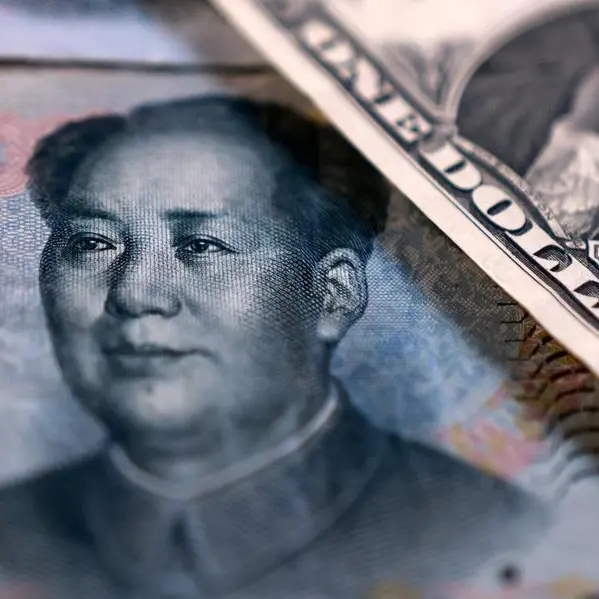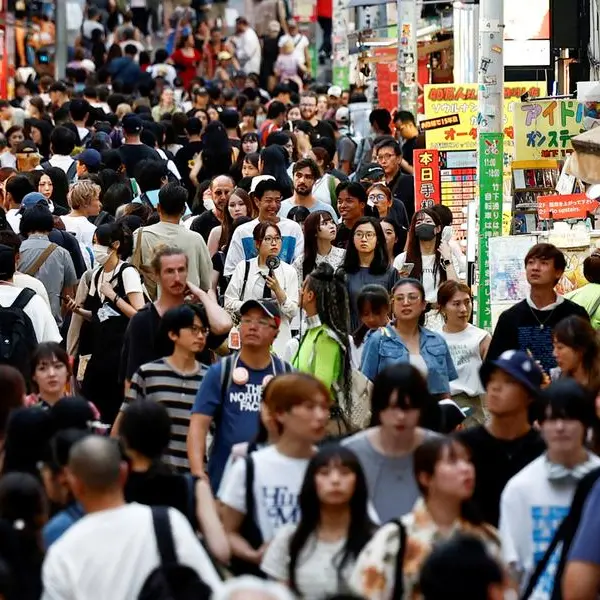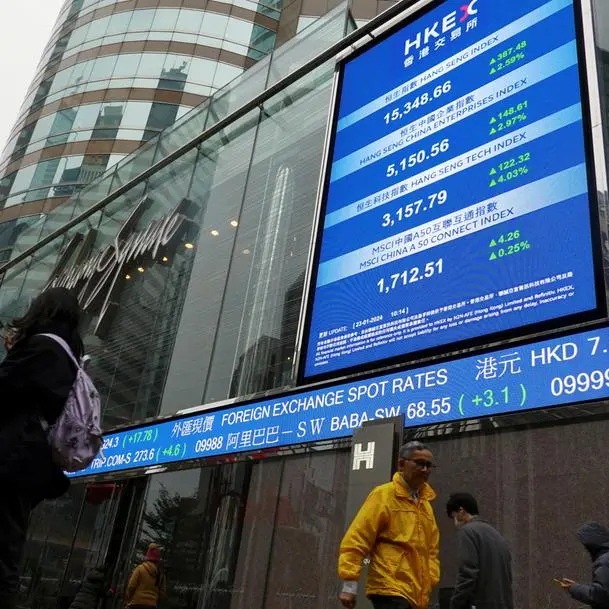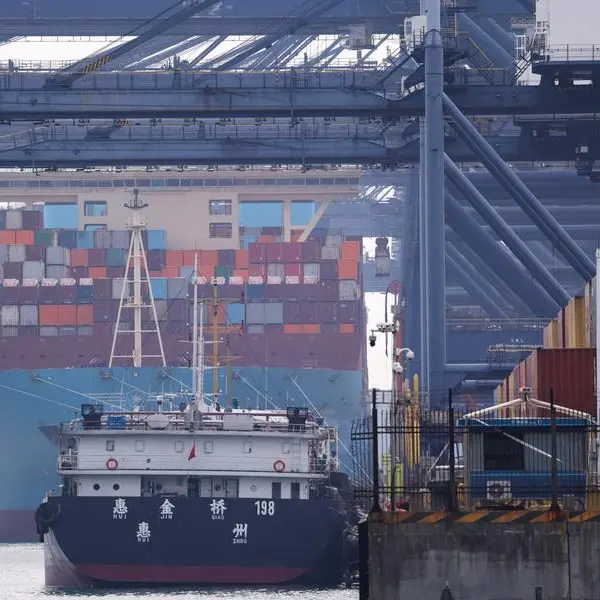PHOTO
More Filipinos are coming to Germany to study, President Marcos has said, noting that people-to-people exchanges have helped deepen the country's tieswith the European nation that span seven decades this year.
Speaking before the Filipino community here on Tuesday, the President also cited the country's national hero, Jose Rizal, whom he said spent a significant period of his life in Germany.
'Like Rizal, I am told that students and scholars from the Philippines continue to come to Germany through the German Academic Exchange Program,' Marcos told Filipinos gathered at the Ritz Carlton Hotel.
'His (Rizal) time in this country is a reminder of the enduring bonds between the Philippines and Germany,' the President said.
'These people-to-people exchanges strengthen the fabric of our bilateral relations and contribute to greater understanding between the people of this country and the over 35,000 people now living here in Germany,' he added.
Germany is home to an estimated 35,930 Filipinos, some of whom are scholars, trainees and volunteers, according to Philippine Ambassador Irene Susan Natividad.
In 2023, remittances from OFWs reached $33.5 billion, Marcos said, citing data from the Bangko Sentral ng Pilipinas.
'This (OFW remittances) made a huge contribution to our economy,' he said. 'This surge in remittances was bolstered by the strength of the Philippine peso, which magnified the value of these financial lifelines.'
Marcos assured them that his administration would make sure that those contributions 'are matched by reforms and programs that each and every member of your family back home will benefit from.'
The Philippine economy grew by 5.6 percent last year.
Vocational training
The Philippines entered into an agreement with Germany on Tuesday night (Manila time) that seeks to further intensify Manila's technical vocational education and training (TVET) programs and upskill Filipino workers.
The Cooperation Program - which will capacitate Filipino workers in the fields of digitalization and the green economy - was signed by the Technical Education and Skills Development Authority (TESDA) and the Federal Institute for Vocational Education and Training during the second day of President Marcos' working visit here.
At a joint press conference with German Chancellor Olaf Scholz at The Chancellery on Tuesday, Marcos recognized the importance of collaboration with Germany in skills vocational training as the Philippines gears up to transform its economy.
'The transformation can only occur when our workforce is, I think the buzz words everybody uses now, is upskill and re-skill,' Marcos said.
'And we look to Germany for much of that training, especially since we are very much immersed now in the digital space and the high-technology requirements for the workforce - the training for high-technology jobs in the workforce - is something that will be necessary to keep our economy thriving,' he stressed.
The agreement will carry out several measures for capacity building, including conducting thematic visits per year, with both entities providing workplace and technical facilities free of charge.
Other measures include exchange on policy research and knowledge management, support evaluation for apprenticeship and dual training systems programs and support evaluation and improvement of the Study on the Employment of TVET Graduates.
Aside from capacity building, there will be exchanges under the Philippine Regional Innovation Centers (RIC) and German Center of Vocational Excellence (CoVE) with the aim of demonstrating how digital learning is embedded in the newly founded 17 RIC and CoVE.
The President earlier directed the TESDA, the Department of Education and Department of Labor and Employment to work closely in the integration of skills training into the K-12 curriculum to increase the employability of senior high school graduates.
Marcos also announced on Tuesday that the Philippines and Germany are working on the conclusion of the memorandum of agreement on the 'Placement of Skilled Workers and Other Professionals.'
Scholz, meanwhile, urged Filipinos to work in Germany following its passage of legislation which allows easier entry of foreign workers to the country.
The German government passed the law in July last year, and is expected to come into force in three phases in November 2023, March and June 2024. The new law aims to attract skilled foreign workers and address labor shortages in the country.
Copyright © 2022 PhilSTAR Daily, Inc Provided by SyndiGate Media Inc. (Syndigate.info).
